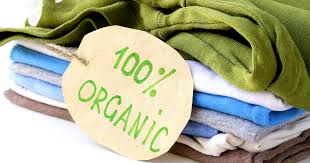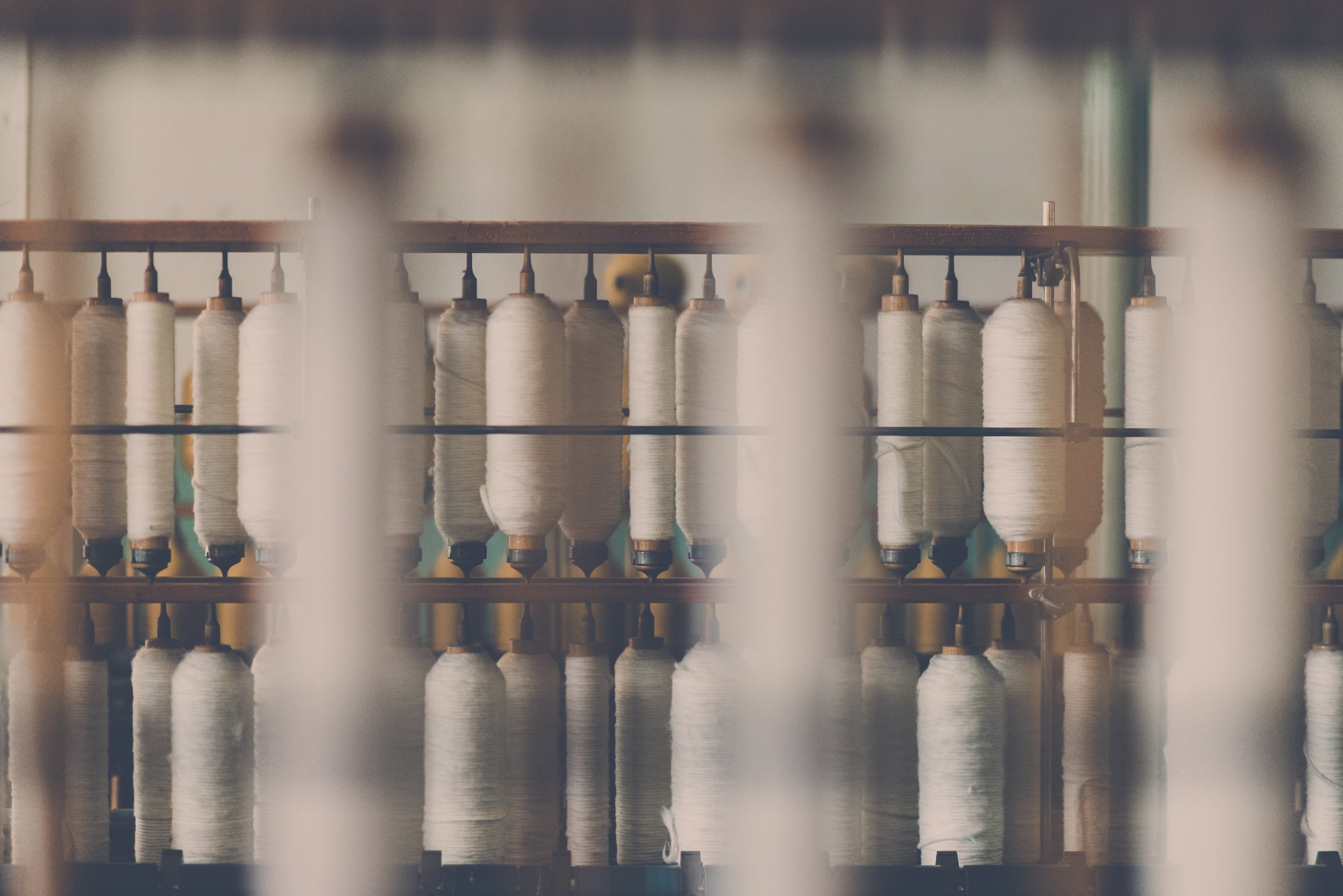The organic clothing industry is on the rise, and for good reason. As consumers become increasingly aware of the environmental and social impacts of their purchasing decisions, they are seeking out brands that prioritize sustainability and ethical practices. This shift in consumer behavior is driving innovation and change within the industry, paving the way for a more sustainable and equitable future.
What is Organic Clothing?
Organic clothing is made from natural fibers that are grown without the use of harmful pesticides, herbicides, or synthetic fertilizers. This not only benefits the environment but also ensures that the workers involved in the production process are not exposed to hazardous chemicals.
The Benefits of Organic Clothing
There are many benefits to choosing organic clothing. First and foremost, it is better for the environment. Organic farming practices help to protect soil health, reduce water pollution, and conserve biodiversity. Additionally, organic clothing is often made from renewable resources, such as cotton, bamboo, and hemp, which have a lower environmental impact than synthetic materials.
Another benefit of organic clothing is that it is often better for the people who make it. Organic farming practices can help to improve working conditions for farmers and factory workers, and reduce the risk of exposure to harmful chemicals.
Finally, organic clothing can be better for your health. Some studies have shown that organic clothing may be less likely to irritate sensitive skin.
The Future of Organic Clothing
The future of organic clothing is bright. As consumer demand continues to grow, we can expect to see more and more brands offering organic clothing options. Additionally, we can expect to see continued innovation in the development of new and improved organic materials.
One of the most exciting trends in the organic clothing industry is the development of circular fashion models. These models aim to reduce waste and keep clothing in use for as long as possible. This can be done through initiatives such as clothing rental, repair, and recycling.
Opok's Role in the Future of Organic Clothing
Opok is a leader in the organic clothing industry. We are committed to providing our customers with high-quality, sustainable clothing that is made ethically. We are also constantly working to improve our sustainability practices.
Here are some of the ways that Opok is helping to shape the future of organic clothing:
- We are committed to using only the highest quality organic materials.
- We work with our suppliers to ensure that our clothing is made ethically.
- We are constantly innovating to find new ways to reduce our environmental impact.
- We are committed to educating our customers about the benefits of organic clothing.
How You Can Help
There are many things that you can do to support the growth of the organic clothing industry. First, you can make a conscious effort to choose organic clothing whenever possible. You can also support brands that are committed to sustainability and ethical practices. Finally, you can spread the word about the benefits of organic clothing to your friends and family.
Conclusion
The future of organic clothing is bright. As consumers become more aware of the environmental and social impacts of their purchasing decisions, they are increasingly choosing organic clothing. This is driving innovation and change within the industry, paving the way for a more sustainable and equitable future.
Opok is proud to be a part of this movement. We are committed to providing our customers with high-quality, sustainable clothing that is made ethically. We are also constantly working to improve our sustainability practices.
We believe that everyone has a role to play in shaping the future of organic clothing. By making conscious choices and supporting brands that are committed to sustainability, we can all help to create a more sustainable and equitable world.
Additional Resources




Leave a comment
This site is protected by hCaptcha and the hCaptcha Privacy Policy and Terms of Service apply.